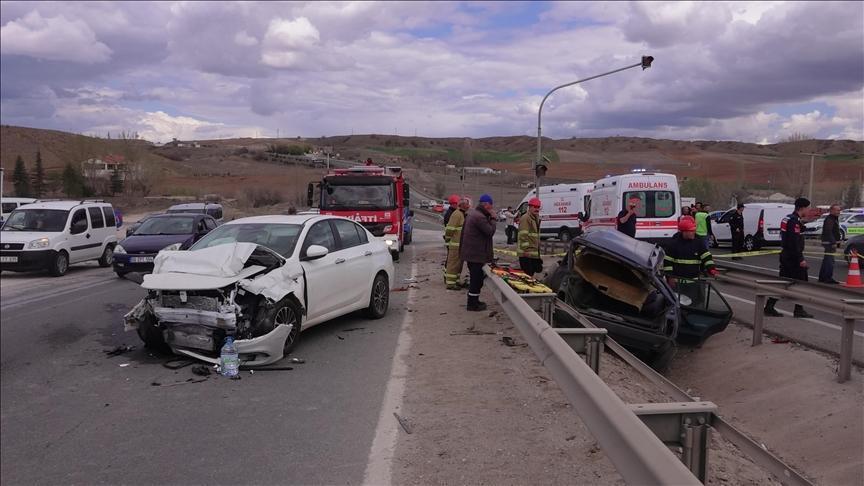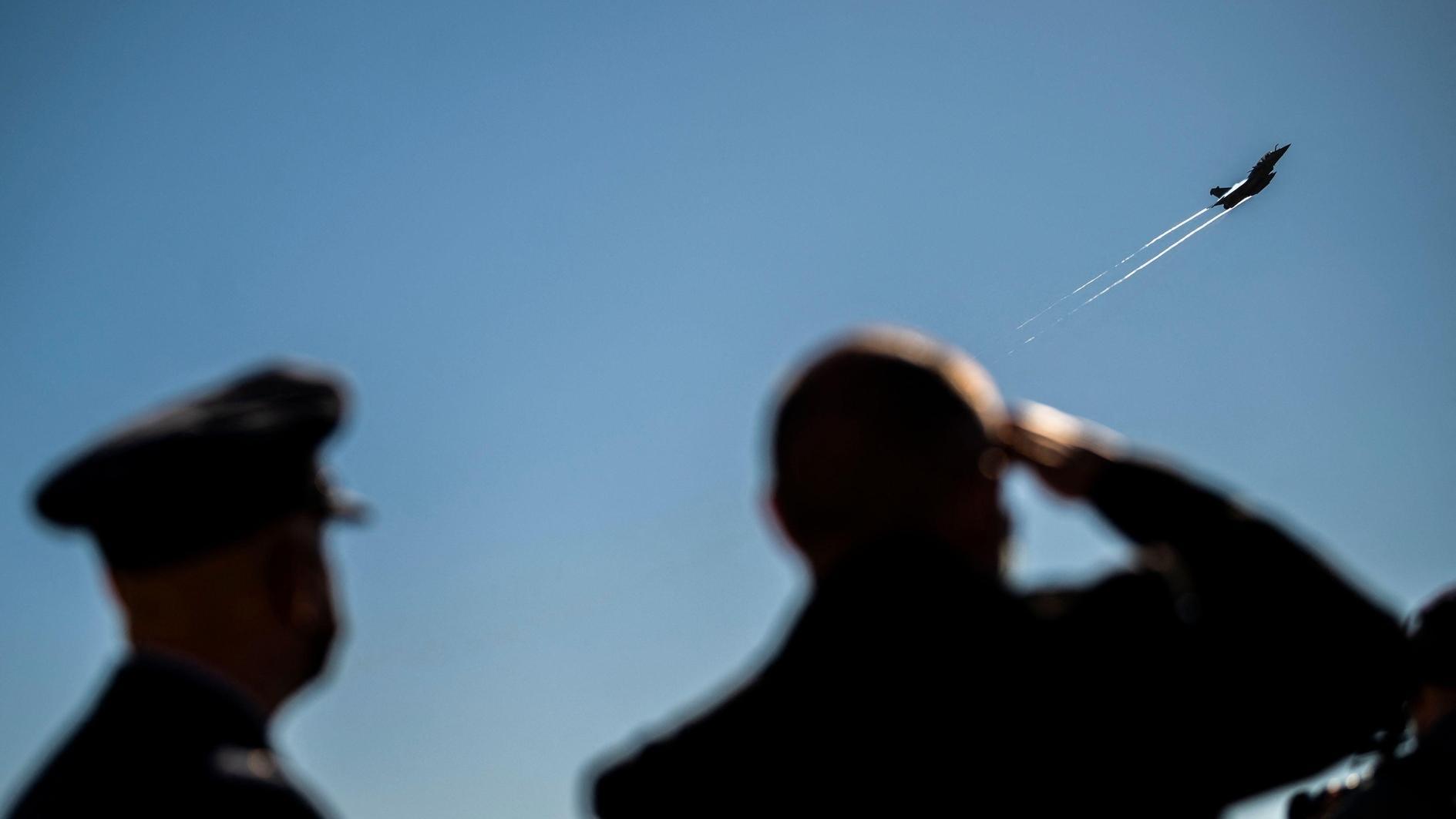Japan tightens air traffic control protocols after crash
TOKYO

Japan has tightened its air traffic control protocols after a fiery collision at Tokyo's main airport in which five people died but hundreds escaped to safety, the government said Wednesday.
The emergency safety measures were announced by the transport ministry after a Japan Airlines passenger jet crashed into a coast guard aircraft on a runway at Haneda Airport on January 2.
All 379 passengers and crew on the airliner were swiftly evacuated, but five of the six crew died on the smaller plane, which was heading to deliver supplies to an earthquake-hit region.
Under the new requirements in place nationwide, a staff member must constantly watch a monitoring system that alerts control towers when runway incursions take place.
And to prevent misunderstandings, controllers must not tell planes what number in line they are for take-off, the ministry said in statements uploaded to its website.
"One of my biggest missions is to restore confidence in aviation as public transport," Transport Minister Tetsuo Saito said Tuesday.
The ministry will set up an expert panel to investigate further ways to improve safety, with their recommendations to be announced this week.
A transcript of communications released by the ministry last week suggested that the JAL plane was cleared to land, but the coast guard plane was instructed to halt before the runway.
Controllers told the coast guard plane that it was "No.1", meaning next in line for take-off.
But the coast guard pilot — the only survivor — has reportedly said he believed he had clearance to move onto the runway, where his plane stood for around 40 seconds before the crash.
The charred wreckage of both planes were cleared from the tarmac at Haneda, and flight operations have returned to normal, with extra staff working at the airport's control tower since Saturday.
A dedicated staff member has also been watching the warning system at Haneda since the weekend.
"Control centre staff have to monitor various things and can't simply stare at the warning system," a transport ministry official in charge of aviation affairs explained to AFP.
In the decade to 2023, at least 23 "serious incidents" that risked a runway collision were reported by the Japan Transport Safety Board, according to the Asahi newspaper.
In five of the cases, mistakes in air traffic control were suspected as a cause, the newspaper said.
















